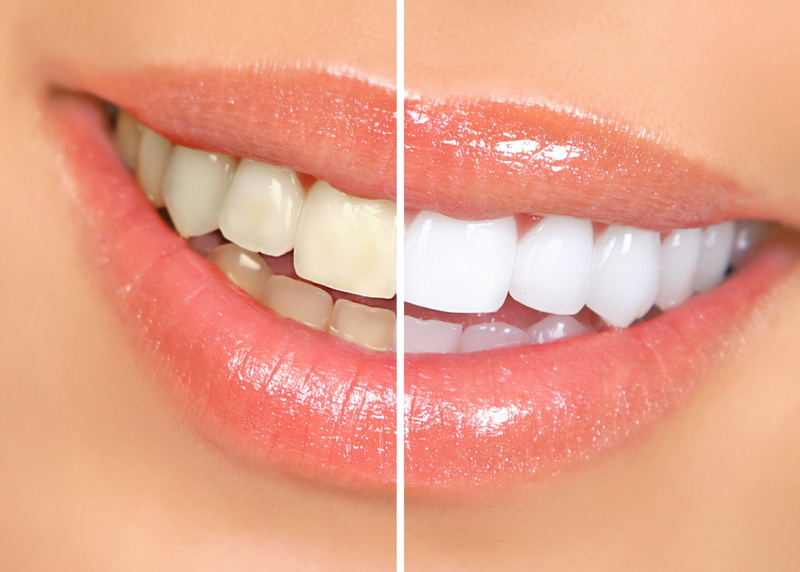Cavities aren’t always the black, visible holes that cartoons or online drawings make them out to be. Often tooth decay isn’t visible at all. That’s why it’s important to see your dentist on a regular basis. The earlier we diagnose your cavity, the simpler it is to correct the tooth infection.
Sensitivity to Changes in Food or Temperature
Sweet foods or liquids are the most common items to cause pain in a decaying tooth. Just because you’re not eating sweets doesn’t mean you’re off the hook. Naturally sweet foods like juice or fruit may cause pain as well. While it’s fairly similar to experience cold sensitivity, it’s not common for heat. Severe pain from hot foods may mean there’s nerve damage.
Pain When Biting Down
Something feeling “off” when you bite down is a tell-tale sign of tooth decay. It’s also a common symptom of cracked teeth. If possible, let us know what the general area is that hurts when you chew. You may even be able to pinpoint the exact tooth.
Rough Edges on Your Teeth
When you run your tongue along your teeth, does everything feel smooth? A rough area may mean something is wrong. Believe it or not, your tongue may pick up on the cavity before your tooth even starts to hurt.
An X-ray Can Give You Answers
Digital dental x-rays make it possible to see through and between teeth, where cavities often start. We utilize low-radiation imaging to screen for decay during your exam, so that it’s more difficult for a cavity to go overlooked. When we find decay early on, it means a smaller and more affordable filling to fix it. In some situations, early decay can even be reversed through fluoride therapy and remineralization techniques.
If you think you have a cavity or have gone more than six months since your last dental exam, call North Road Dental Clinic in Carnegie today to schedule a checkup. For information visit our tooth repair and fillings page
Read More



